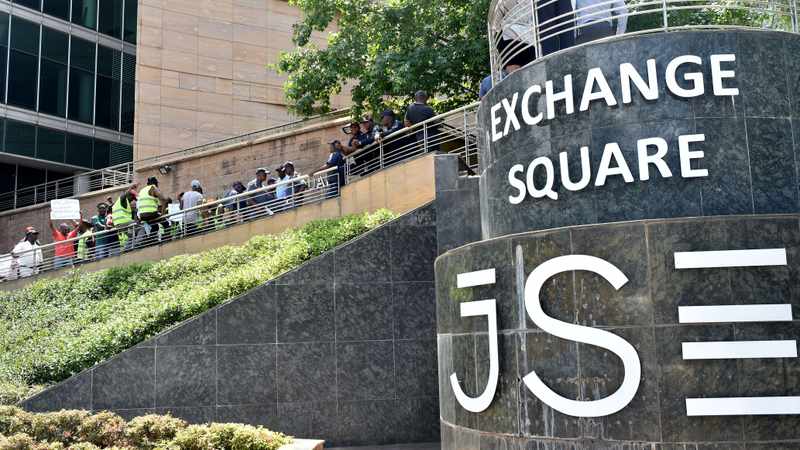
SHAREHOLDERS QUESTION IF THE JSE IS ‘SHRINKING IF NOT DYING’
JSE executives said yesterday they were doing all they could to slow the shrinkage of the bourse and encourage more listings.
Their proactive initiatives included regular meetings with policymakers and measures to make it easier and less costly to list smaller companies.
JSE executives faced tough questions from its shareholders at the annual meeting. There were sentiments if the JSE had lost the confidence of policy makers or had simply failed to let policy makers know that there was a problem with the stock market, the shrinkage of which could have a very real effect on the overall economy.
For instance, a shareholder, Chris Logan, chief investment officer of Opportune Investments, questioned why the JSE board had not been able to get stock market supportive policies in place, as the exchange was “shrinking if not dying”.
Logan said the JSE appeared to deflect criticism about the shrinking market with statements of rising market capitalisation, and it seemed the JSE was trying to lull people into a false sense of security, when it should be shouting about the crisis from the rooftops.
JSE chairman Phuthuma Nhleko said a key factor to consider was that one needed “a rising tide to float the boats” and that the macro-economic environment was not conducive for many companies to consider listing. He said also there was a trend towards greater numbers of de-listings globally.
Logan countered that in fact there were stock markets in Asia and other places, such as Sweden, that were growing very well, to which Nhleko argued that New York and Australian stock market were seeing a trend of de-listings.
Nhleko said there were “endless presentations to National Treasury, the FSCA and SA Reserve Bank to “raise the flag” about capital outflows.
“We prefer not to shout it from the top of the mountain, we prefer to deal with it in an appropriate manner. We can assure you we are not sleeping at the wheel on this item,” said Nhleko.
He said the Sweden stock market had featured in the media in the last ten days as a market that was growing exceptionally well, and it was apparent it had benefited from the confluence of positive measures to attract new listings and from close collaboration between investors, policy makers and market participants.
He said the JSE had a process already well underway to substantially simplify the listing requirements and to segment the JSE’s Main Board into two segments, to facilitate the listing of small and medium sized companies.
He said the South Africa market faced a number of different challenges to Sweden, such as inequality and a concentration of very large asset managers.
Nhleko said JSE executives and management were involved in “continuous engagement with government” to create conducive and appropriate market policies, “it is not from lack of effort from engaging…but this cannot be the sole prerogative of JSE having to solve all the problems.”
Another shareholder, Paul Miller, said the JSE was staffed by people who previously worked in big companies, the experience of its board members was from large companies and the JSE contracted out its advisory and other work to large companies, so he wanted to know how this was meant to develop the JSE into a more entrepreneurially focused institution.
Nleko said they “accept the point” and JSE was constantly looking at ways to evolve the board and obtain different sets of skills, and the fact that board members were from large companies did not necessarily mean that they did not bring skills to the board.
BUSINESS REPORT
2024-05-08T11:12:08Z dg43tfdfdgfd